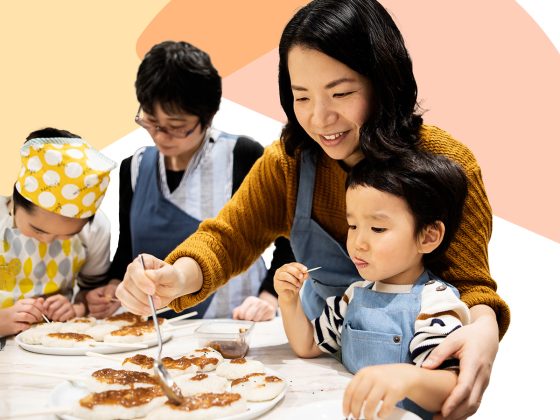
Cultural Connections through Family Engagement for Building Stronger Bonds
Children feel good about themselves and their families when they know about and celebrate their culture! Culture is the way of life of a group of people and includes things like language, food, music, stories, and holidays. Family, friend, and neighbor caregivers are far more likely to share language and cultural backgrounds with the children they serve – and something families deeply value about these special caregivers.
You can help children learn about and celebrate all the parts of themselves through cultural connections in their daily routines and activities. And inviting parents and other caregivers to get involved only helps to strengthen those connections!
You might invite parents and other caregivers to share:
- Books — Families may bring books from home that they like to read together with their child.
- Food — Families may bring in snacks or food items or share recipes that are traditions within the family.
- Music and Dance — Families can share songs, playlists, musical artists, or special dances.
- Holidays and Events — Invite families to share about special holidays or events in the community to celebrate and attend.
While these moments of connection might seem small, they can really make a difference in building a child’s sense of love and pride for their family, their community, and themselves.
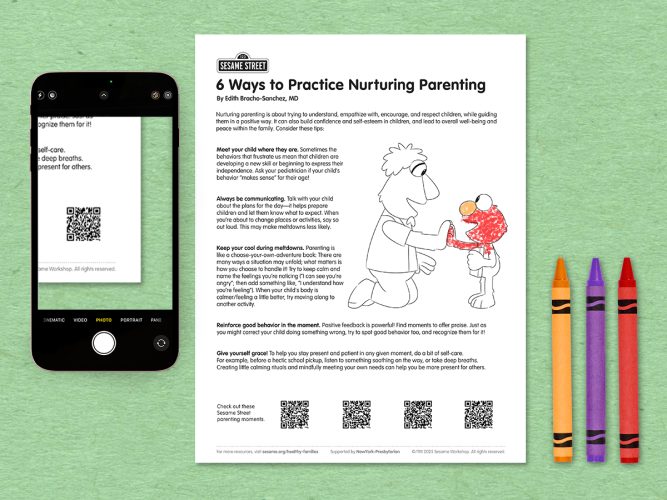
6 Ways to Practice Nurturing Parenting
Tips from a pediatrician on understanding, empathizing with, encouraging, and positively guiding children.
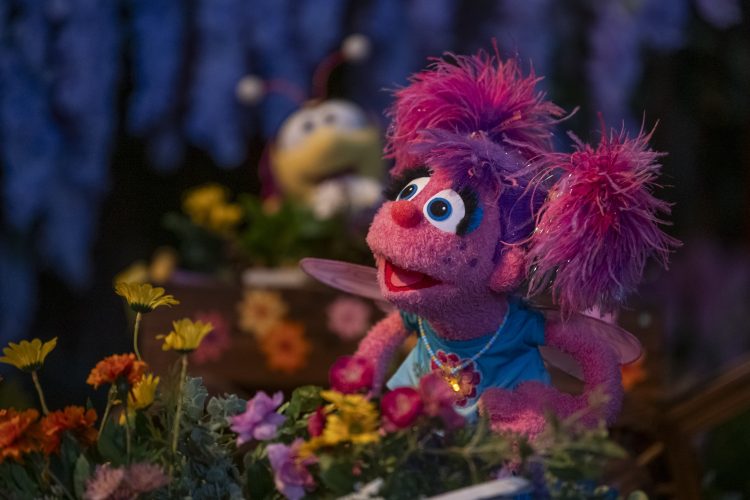
Watch and Play: Abby's Magical Beasties
Watch this episode and explore ways to extend the learning at home.
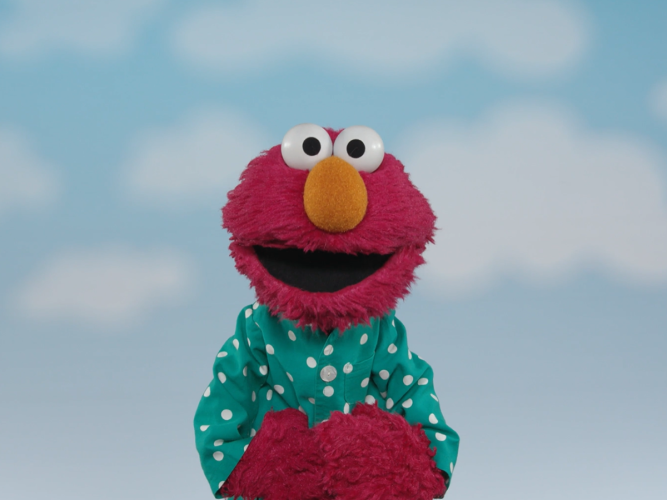
Listen, Feel, and See with Elmo
When children are in the hospital, this mindfulness game can help them soothe themselves.
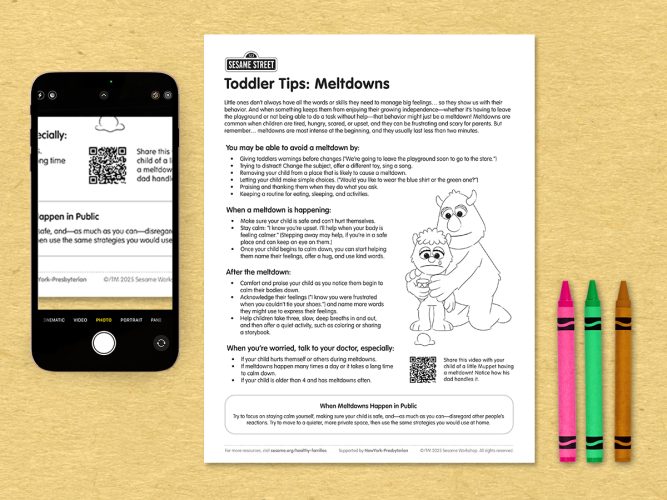
Toddler Tips: Meltdowns
Strategies for during and after a meltdown…and even some ways meltdowns might be avoided.
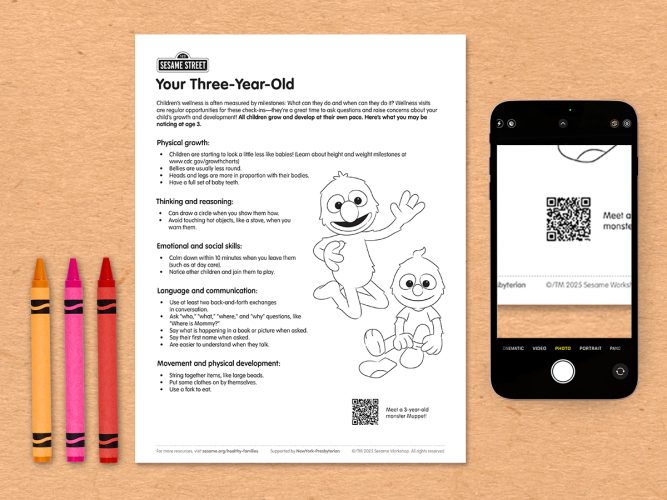
Milestones: Your Three-Year-Old
All children grow and develop at their own pace; use this chart to guide your expectations and observations so you can talk to your child’s pediatrician about questions or concerns.
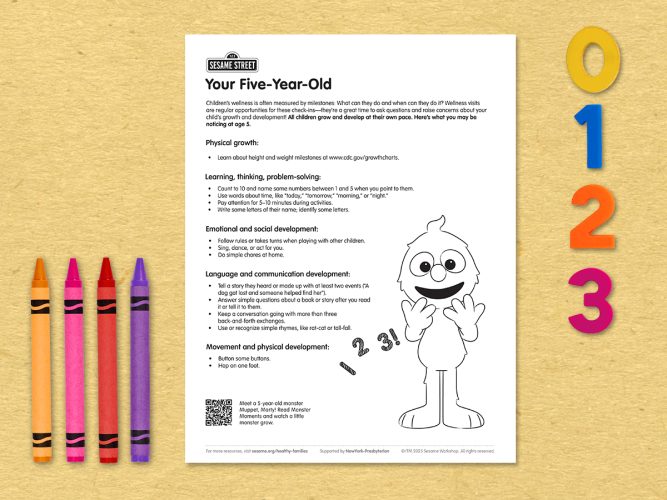
Milestones: Your Five-Year-Old
All children grow and develop at their own pace; use this chart to guide your expectations and observations so you can talk to your child’s pediatrician about questions or concerns.
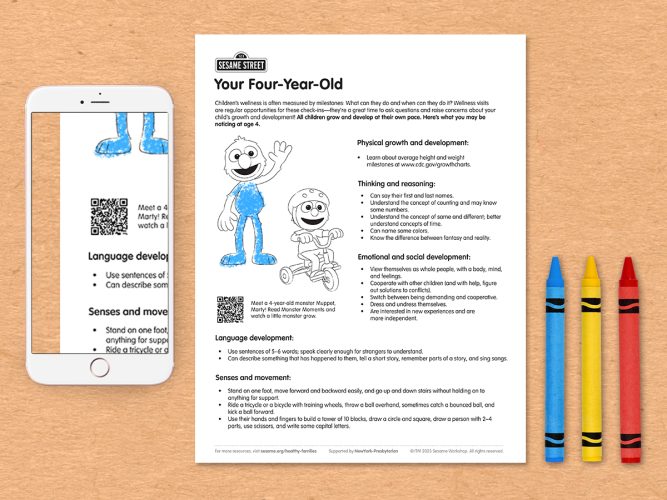
Milestones: Your Four-Year-Old
All children grow and develop at their own pace; use this chart to guide your expectations and observations so you can talk to your child’s pediatrician about questions or concerns.
